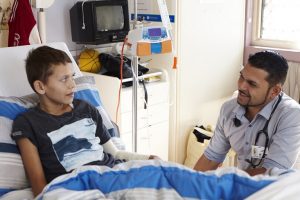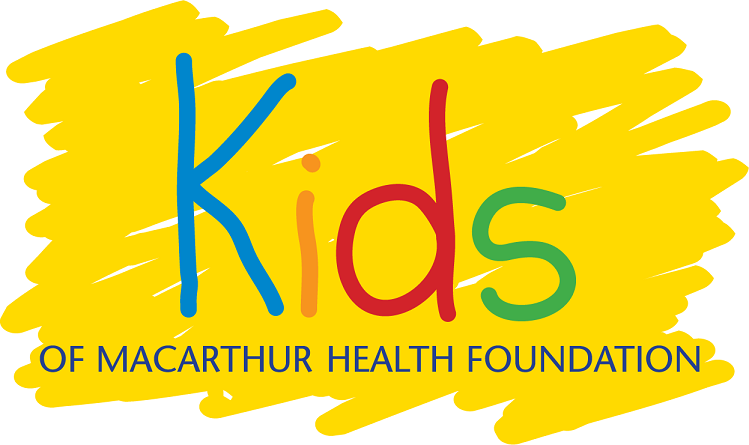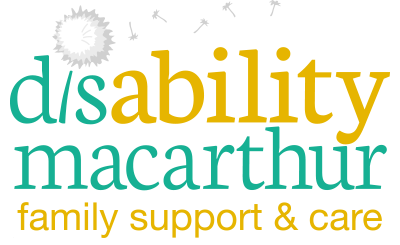 A chronic pain treatment program for people of cultural and linguistically diverse backgrounds in South West Sydney has been hailed a success.
A chronic pain treatment program for people of cultural and linguistically diverse backgrounds in South West Sydney has been hailed a success.
A team of physiotherapy clinicians and researchers from Liverpool Hospital pain clinic, Liverpool and Fairfield physiotherapy departments and Western Sydney University joined forces for the project.
Their aim was to create a culturally responsive approach to treatment to help increase the number of patients from cultural and linguistically diverse (CALD) communities completing their treatment.
Liverpool Hospital senior physiotherapist Bernadette Brady says they found chronic pain patients from CALD communities had limited success with treatment approaches that had been designed for Western cultures, and would often not adhere to the programs or attend every appointment.
“We ran focus groups to try and understand how different people experience pain, and it comes down to the fact that how you interpret pain is very much a learned experience,’’ Ms Brady said.
“It depends on your experiences with pain, such as what you have observed growing up and your cultural and religious views,” she said.
The trial program focused on patients from three different communities in South West Sydney: Vietnamese, Assyrian and Mandaean.
Different approaches to treatment and how staff explored and included culturally specific beliefs about pain were developed.
For instance, for Vietnamese patients treatments were based around rebalancing the body’s Âm and dương – the Vietnamese version of yin-yang – through different movements, traditional practices and even foods.
Ms Brady said group sessions were also set up to allow patients to discuss treatments that had worked for them and share their experiences.
[social_quote duplicate=”yes” align=”default”]“I think patients really responded to the sense of feeling part of a community, and not feeling so isolated in their pain,” she said.[/social_quote]
Over the nine-month controlled trial, staff found a significant improvement in the number of patients completing treatment, with 96 per cent of patients undergoing culturally adapted physiotherapy finishing treatment compared to only 58 per cent of the patients attending for usual treatment.
There was also improvement in the attendance and adherence rates compared to patients who were undergoing usual care.
“We had 100 per cent patient satisfaction among those in the culturally adapted physiotherapy group, which is very encouraging for us,” Ms Brady said.
“We are now planning tools that practitioners can use to help them quickly explore a patient’s cultural influences on their pain, so we can implement culturally adapted treatments more broadly and apply what we learnt in this trial.”
The study was supported by a Physiotherapy Research Foundation grant and Ms Brady is supported by an Allied Health Scholarship from the Menzies Foundation.



